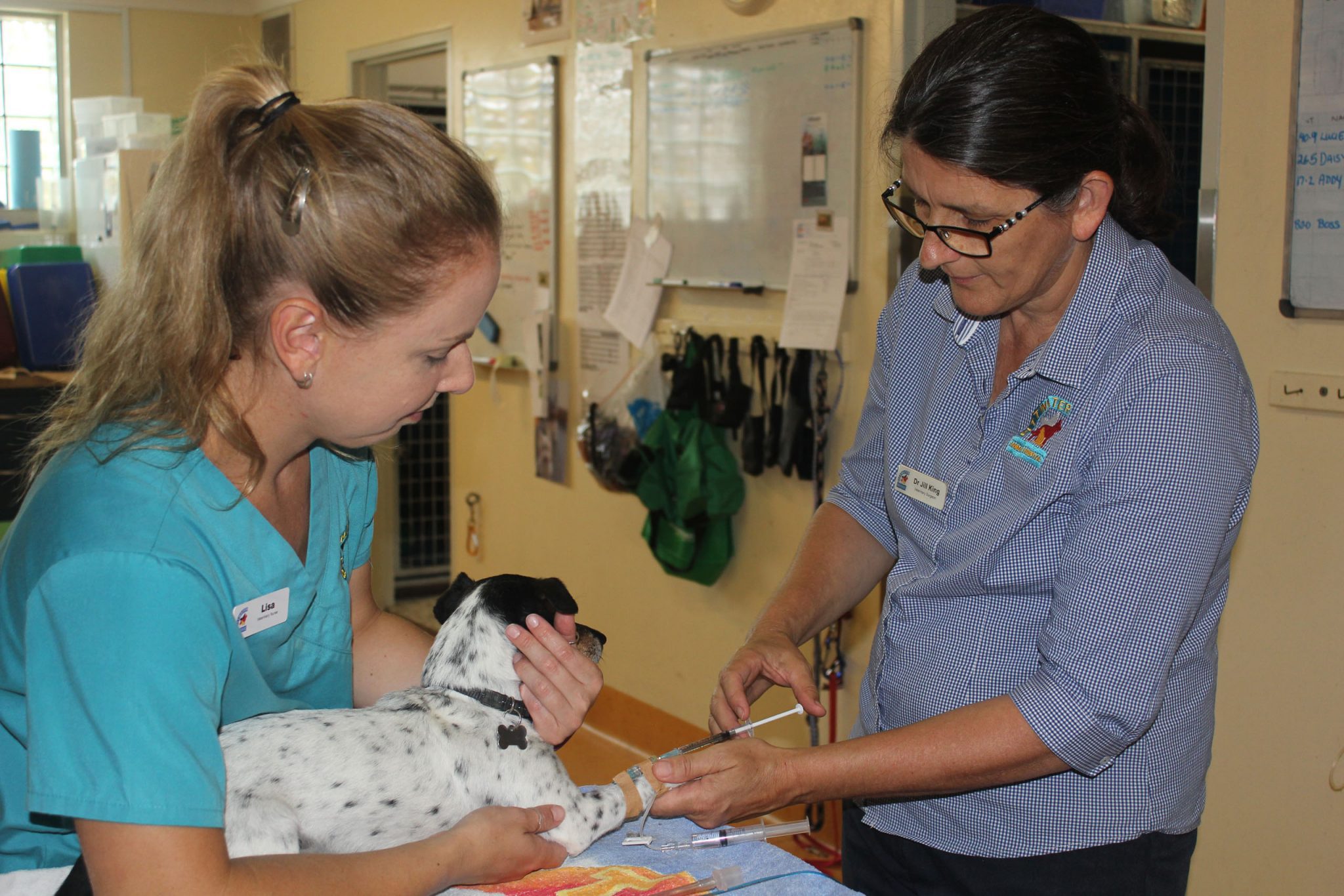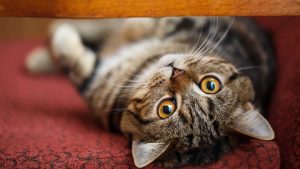Every morning Monday to Friday animals are scheduled for surgery at Pittwater Animal Hospital. We perform an enormous variety of surgery and dentistry on a diverse range of pets.
Routine surgery includes male and female desexing, excision of skin tumors, suturing wounds, exploration for foreign bodies, abdominal exploration, splenectomy, removal of bladder stones, tumor excision, amputations and eye ablation, as well as orthopaedic surgeries.
Our veterinarians will give you an approximate estimate of the cost of any procedures and discuss the possible outcomes after surgery, as well as any concerns you may have.
Emergency surgery is always given priority and is done whenever the need arises.
Anaesthesia and surgery is very carefully managed at Pittwater Animal Hospital, and anaesthetics today are much safer than they were even 10 years ago.


- All animals are recommended pre-anesthetic blood screening, which is very useful in monitoring for anaemia, diabetes, renal disease and liver changes, as well as looking for signs of underlying dehydration. The results are completed before the anaesthetic and are kept with your pet’s laboratory record. Changes in blood parameters over time can be extremely useful when assessing your pet’s health as they age.

- All pets have a full examination looking for problems which may affect the anaesthesia
- A sedative and pain relief is administered to settle your pet before surgery.
- An intravenous catheter is placed which gives rapid venous access in case of emergency during the anaesthetic.
- Intravenous fluids are administered to all animals undergoing general anaesthetic at no extra charge. Fluid rates are adjusted depending on the blood results and any abnormalities detected on examination, such as if a heart murmur is detected.
- Very safe intravenous anaesthetic is administered then your pet is intubated and connected to a modern gaseous anaesthetic machine.
- The veterinarian and qualified veterinary nurse will then monitor the anaesthetic depth and place monitoring equipment reading CO2 monitoring, oxygenation, heart-rate, blood pressure, ECG and body temperature.
- The patient is aseptically prepared for surgery.
- Surgical patients are moved into the dedicated surgery room. This room is kept for sterile procedures and has an operating table, surgical light, monitoring equipment and a variety of surgical equipment.
- Our veterinarians surgically scrub before performing surgery. .
- Additional pain relief is given at the end of the procedure and to take home as well if required, at no extra charge.
- Patients are monitored on recovery by a qualified veterinary nurse.
- A message is sent to the owner when the procedure is complete.
- A follow up call or message a few days later gives us feedback on how your pet has recovered after its procedure.
- For at-home care after any procedure at PAH look at our After Care page.
Pre anaesthetic instructions for dogs and cats
Pre anaesthetic instructions for rabbits
Make an Appointment with the Vet
or call us on 9913 7979

